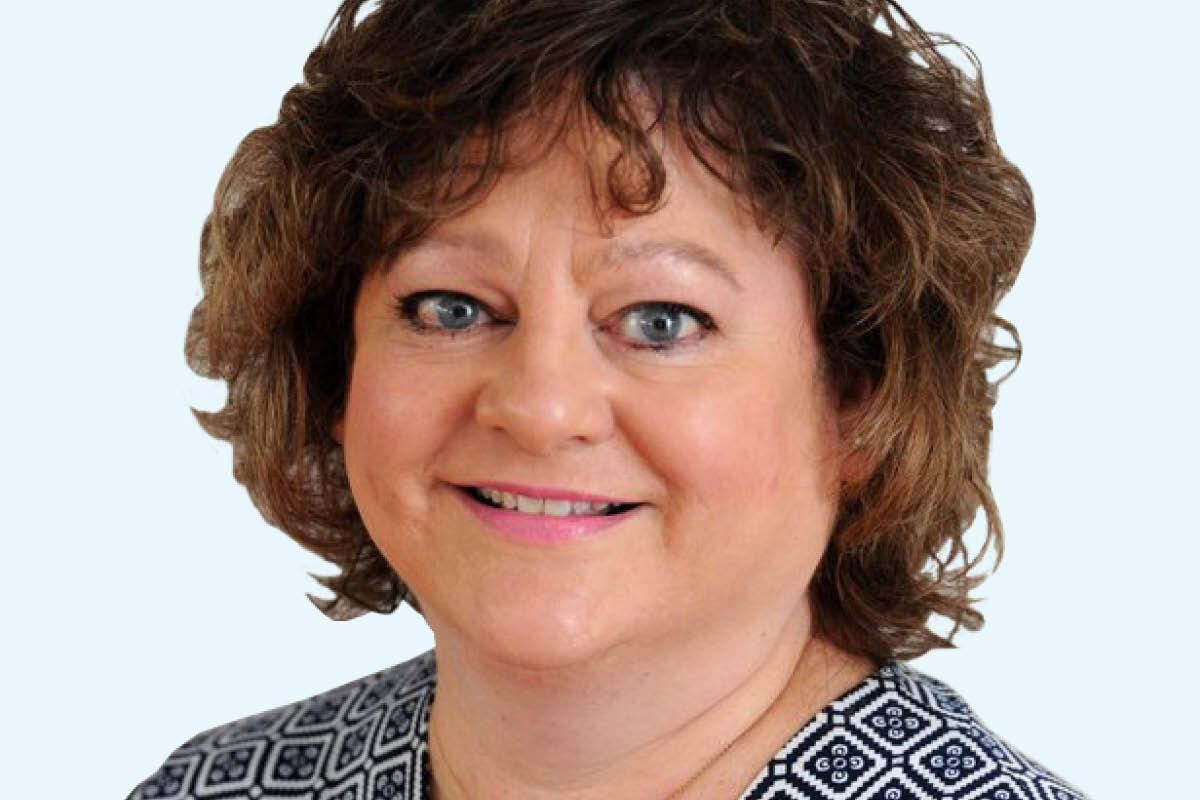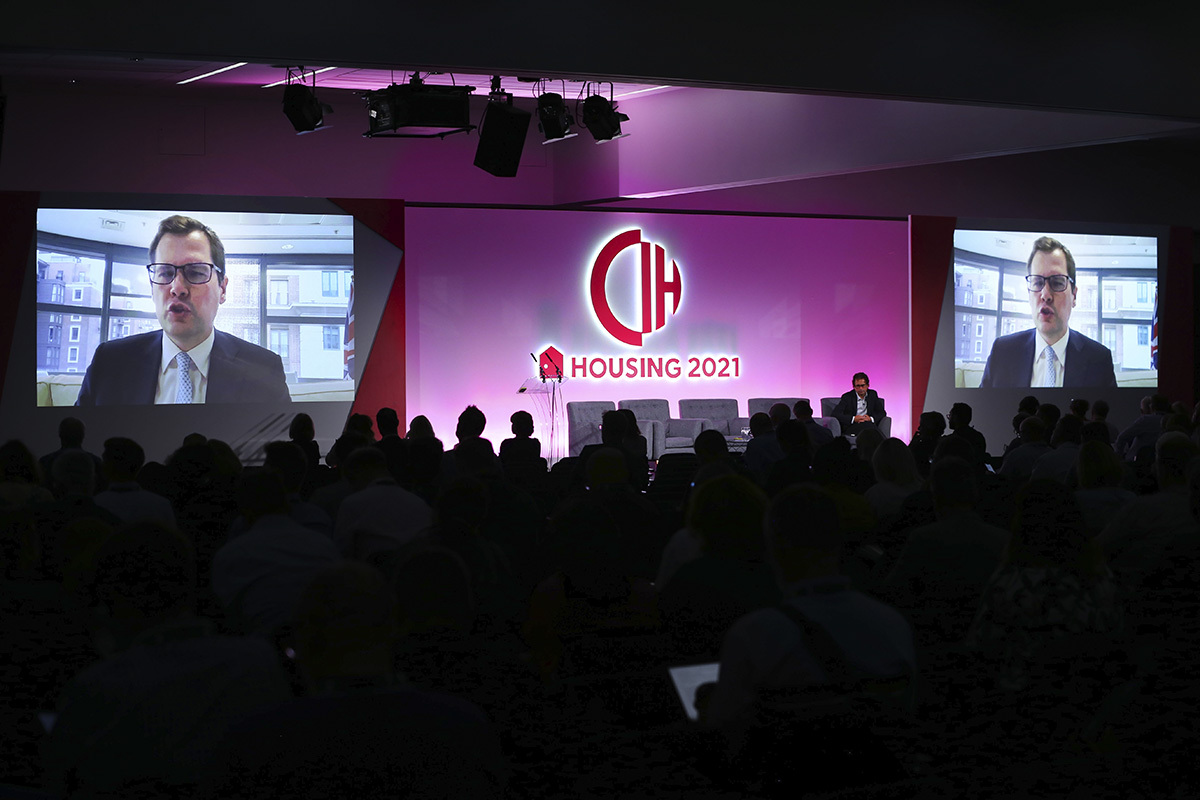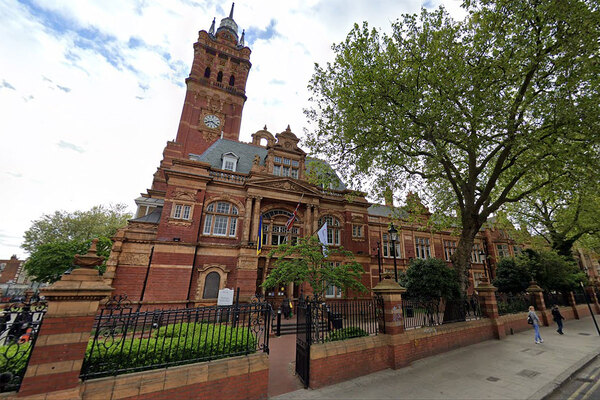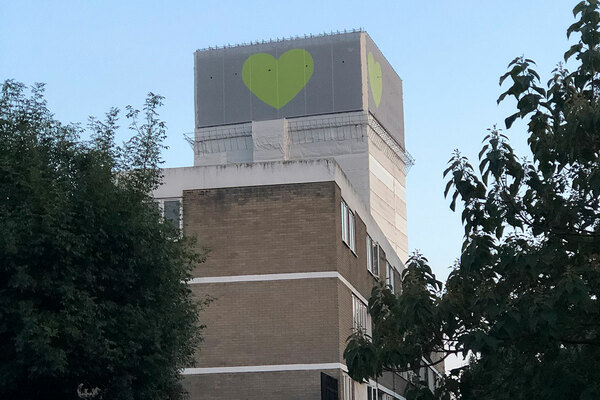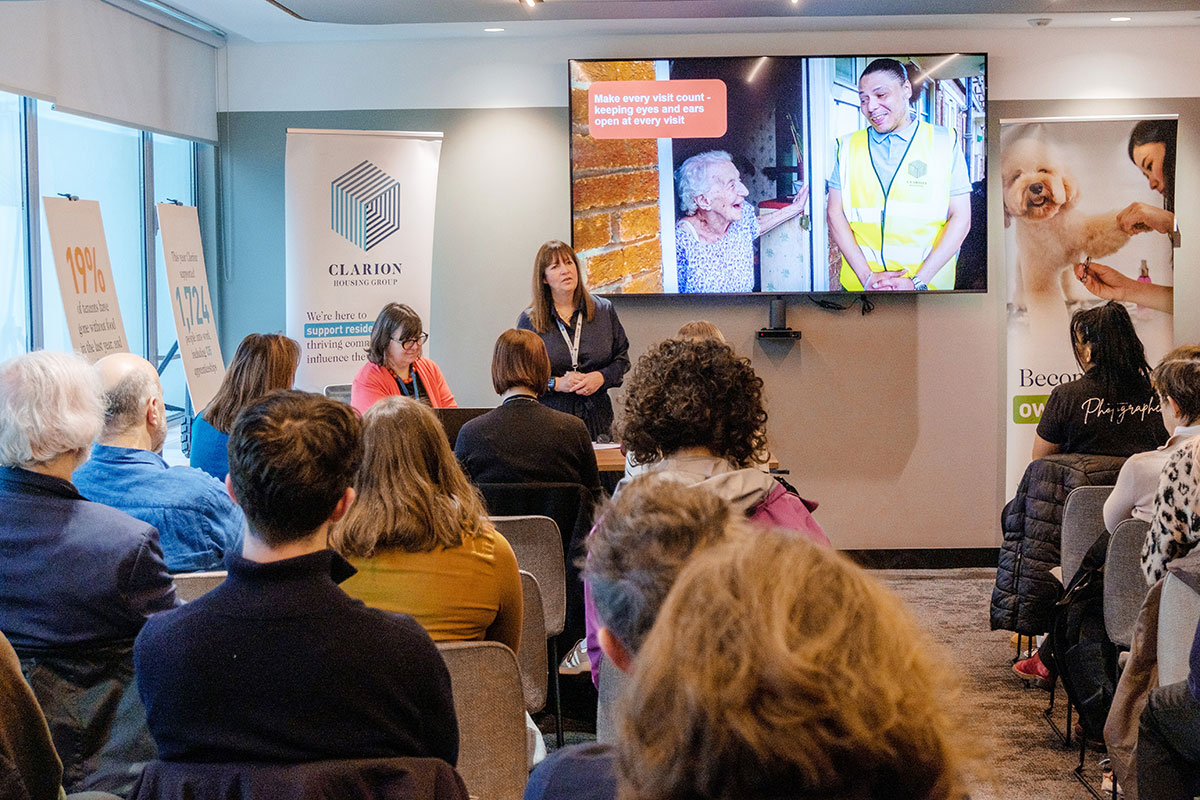Housing minister slammed after swerving building safety in speech
Key sector figures have criticised the housing minister after his speech failed to address the building safety crisis currently affecting thousands of leaseholders and landlords across the country.
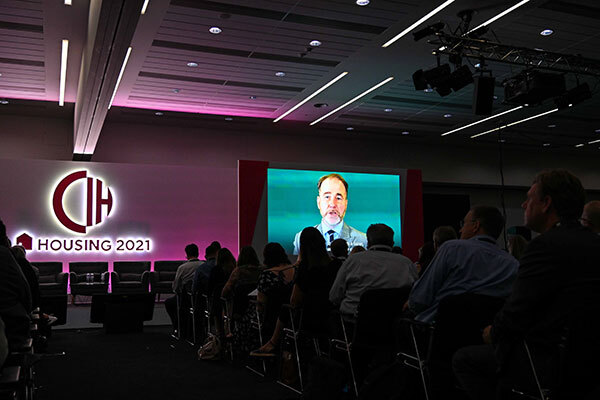
Bosses from some of the sector’s major trade bodies noted the absence of what was described as the “biggest challenge” the sector currently faces, despite referencing planning reforms and the Affordable Homes Programme.
The response came after Mr Pincher gave a pre-recorded speech to delegates at the first day of this year’s Housing 2021 conference in Manchester. During the speech, Mr Pincher discussed the new Affordable Homes Programme, decarbonisation and the government’s upcoming planning reforms, but any mention of cladding or building safety was absent.
During a ‘right of reply’ panel session following Mr Pincher’s speech, key sector figures welcomed the government’s commitments around new supply and climate change, but criticised the housing minister for failing to mention building safety or the Social Housing White Paper.
Eamon McGoldrick, managing director of the National Federation of ALMOs, said it was “really strange” that there was no reference to building safety in Mr Pincher’s speech since the Fire Safety Bill was recently passed and the progression of the Building Safety Bill through parliament.
While Kate Henderson, chief executive of the National Housing Federation, said the lack of mention of the building safety was the biggest omission.
“It’s the biggest challenge we face. It’s a non-negotiable issue for us. The safety of our residents is our number one priority,” she added.
Mr Pincher did hail the investment being put into affordable housing by the current government, including the fact that the new Affordable Homes Programme would fund 32,000 new social rent homes – double the amount of social rent homes when compared with the last programme.
He also pointed to the government’s planning reforms, which he said had resulted in 44,000 consultation responses.
However, James Prestwich, director of policy and external affairs at the Chartered Institute of Housing, said that he felt there was a lot in the speech about houses and homes but not enough about the people that live in them.
“I would have liked to have heard a little bit more in there about tenants and about residents across all tenures,” he said.
The lack of discussion around the conditions social housing tenants have to live in comes despite the Social Housing White Paper being published last year and recent high-profile investigations by ITV News into repairs issues with a number of social landlords.
Mr McGoldrick said the fact that residents and existing stock were “largely” absent from Mr Pincher’s speech was “very disappointing” given the ongoing fall-out from Grenfell and ITV’s exposé of poor conditions within the sector.
He criticised the government for focusing “too much on supply and cherry blossoms”, in reference to Mr Pincher’s promise that the government will alter the National Planning Policy Framework to create “cherry blossom streets” similar to those seen on Champs-Élysées in Paris.
Ms Henderson added: “I agree with the comments that we didn’t hear enough about the consumer – our residents, who are at the heart of everything we do.”
Despite this, the panelists agreed that the sector has a stronger relationship with the government than it did 10 years ago and especially welcomed the housing minister’s commitments around decarbonisation.
Mr Prestwich said: “There’s a lot of talk about £3.8bn. That’s really good. It feels like that is in the bag – it’s a manifesto commitment – but we need some details to be brought forward on that for sure.”
Meanwhile, Ms Henderson said it was “really significant” that the government had committed £11.5bn to the new Affordable Homes Programme “at this point in a pandemic” when there are other pressures on the country’s finances.
